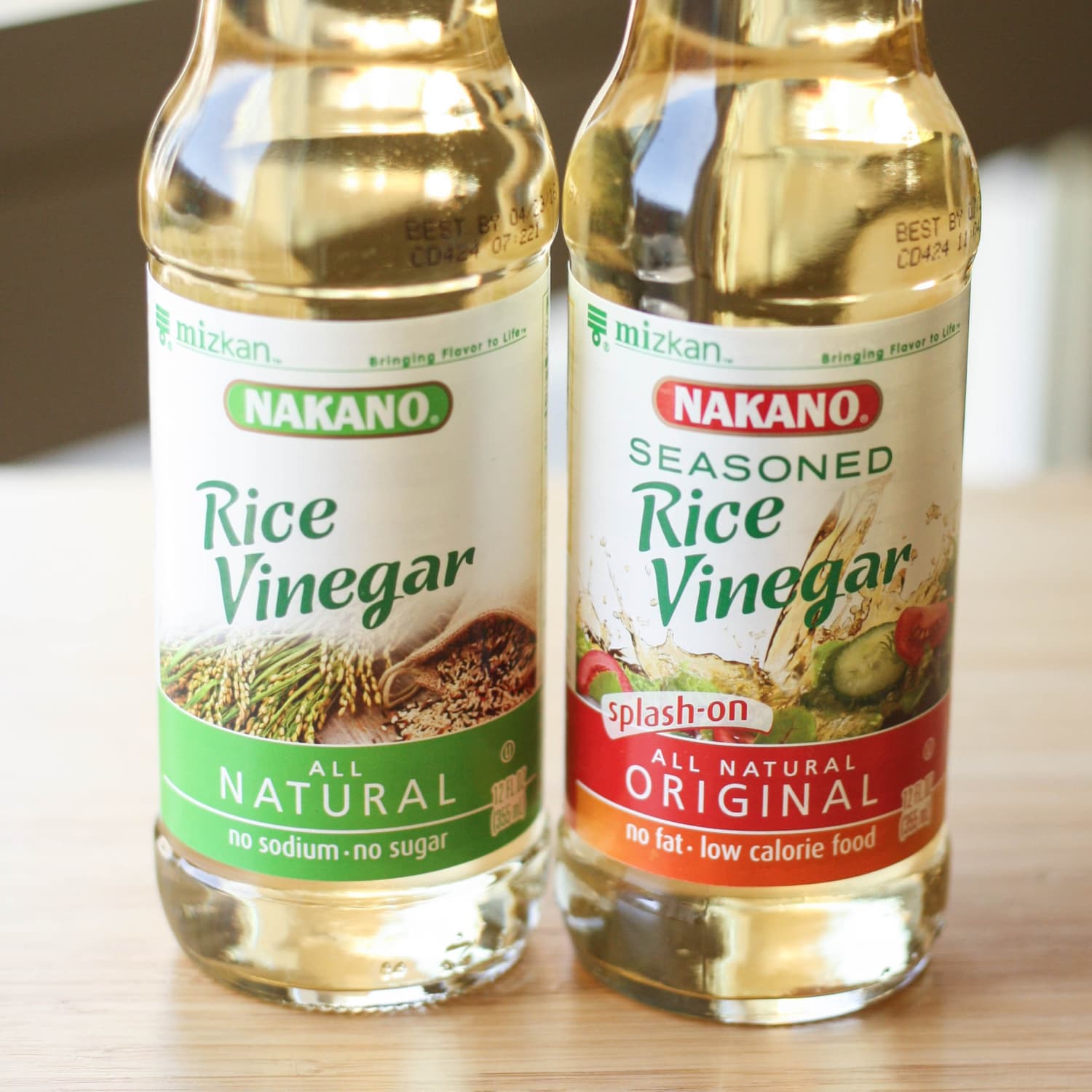
One the most common ingredients in Japanese cuisine is Mirin and Sake both rice based wines. Is rice wine in sushi halal.
It is halal according to the department of health certification.
Is rice wine halal. Is rice wine in sushi halal. For sushi to be halal mirin rice wine a major ingredient in Japanese cuisine must be omitted. Currently at least five Japanese restaurants and other food outlets in Singapore have been certified halal by MUIS.
Most of them received the certification last year. Even if the alcohol gets down to 0 the drink is still Najis even though it is not an alcoholic beverage and thus is not permissible to drink. So drinks can be Najis and thus Haram to consume even if they do not have any alcohol.
Rice wine both is an alcoholic beverage and Najis. It is not halal to drink. Rice wine is made by the fermentation of rice starch that has been converted to sugars.
Rice wine typically has an alcohol content of 1825 ABV. Is rice wine in sushi halal. For sushi to be halal mirin rice wine a major ingredient in Japanese cuisine must be omitted.
Is rice wine vinegar halal. It is halal according to the department of health certification. The Hanafi and Maliki schools say that it is permissible and Shafi school rules that since one cannot.
The Maliki Scholars and the Hanafi scholars They say that vinegar doesnt matter what source it came if it came from wine if it came from dates if it came from Rice. This is its all fine. Because when it wasif it was wine in the middle it gets changed over into another substance which is vinegar which is pure and which is halal.
Recently halal certification has seen a growth in Japan. Japanese restaurants serving halal food are appearing in some the trendiest areas throughout the country. One the most common ingredients in Japanese cuisine is Mirin and Sake both rice based wines.
Sake is used to marinate and eliminate gaminess or unpleasant odors in seafood or meat. Every wine contains alcohol. However not all alcohol are wine.
Alcohol that is extracted from the wine making process is ruled as prohibited haram and impure. Therefore the mirin is Haram as it originally made from rice wine But the problem is that there is Halal Mirin available in both Japan and Malaysia. How do you make halal Mirin.
However Muslims unfamiliar with Japanese cuisine may not be aware that sushi rice is commonly made with sake or mirin both Japanese rice wines. As we have learned in previous issues of Spotlight Halal Muslims should not automatically assume seafood dishes to be halal. Clam Chowder often contains pork fat and Shrimp Scampi is made with white wine.
Sugar content ranges from 50 - 70g every liter and the alcohol content is 135 - 165. Xiangxue Wine is snow white and is the representative of sweet Yellow Wine. The sugar content is over 100g every liter and alcohol content is above 20.
Due to the alcohol content Shaoxing wines are non halal. Rice wine is not halal alsoIts called wine the other names japanese wine or sakeThats the problem wine is alcoholAlcohol is not halalWe have to be carefull about food because some kosher K signs including alcohol also and the other thing gelatin it must be written source of gelatin like pig or cow. Non-alcoholic wine beef or chicken broth or stock diluted red wine vinegar red grape juice diluted with red wine vinegar or rice vinegar tomato juice liquid from canned mushrooms plain water.
Liquor distilled from molasses or sugar syrup. Rice wine is not halal alsoIts called wine the other names japanese wine or sakeThats the problem wine is alcoholAlcohol is not halalWe have to be carefull about food because some kosher K signs including alcohol also and the other thing gelatin it must be written source of gelatin like pig or cow. The Shafiis Hanbalis and some of the Maalikis say that it is not permissible to deliberately change wine to vinegar because then it is not pure.
The evidence daleel for this is the hadeeth of Anas ibn Maalik may Allaah be pleased with him who said. The Messenger of Allaah peace and blessings of Allaah be upon him was asked whether wine could be changed to be used as vinegar. Muslims are quite aware of it and thereby they normally avoid consuming it.
Muslims do wonder why it is so that wine is Haram but its ingredients such as water grapes and dates are Halal. If we look at other drinks and foods that are made of halal ingredients they are halal. All other halal ingredients goods are halal yet the wine is haram.
Rice Wine can be halal and haram depending on the formula. If the Chinese food is cooked and sold by a Muslim and it is known then it is halal if it is offered by non-Muslim or an unbeliever it is haram and or ahtiat-e-wajib dont eat. Nobody dies if we fight against desires and temptation.
Yes it is halal as vinegar- however it is produced- is just dilute acetic ethanoic acid and the red wine merely imparts flavours from the complex compounds in the original red grapes- but any alcohol has been converted into acetic acid. I am obsessed with that ungodly-yellow salty slighty spicy rice you get with your chicken or lamb at halal carts all over the city. Sake is a traditional Japanese rice wine.
It is different from other religions slaughtering method. It is not a ritual slaughtering and offerings to god. Now to be completely honest with you this meal is usually consumed after a long night of.